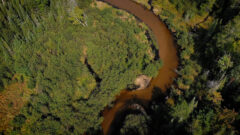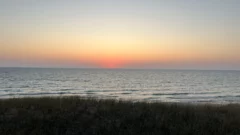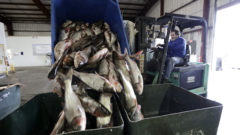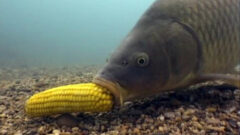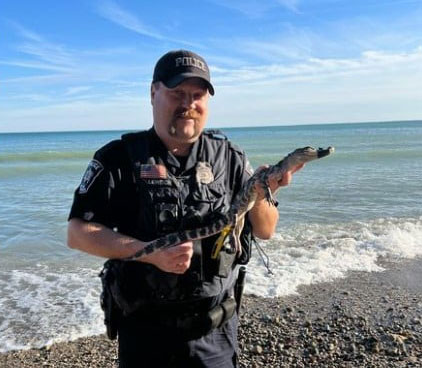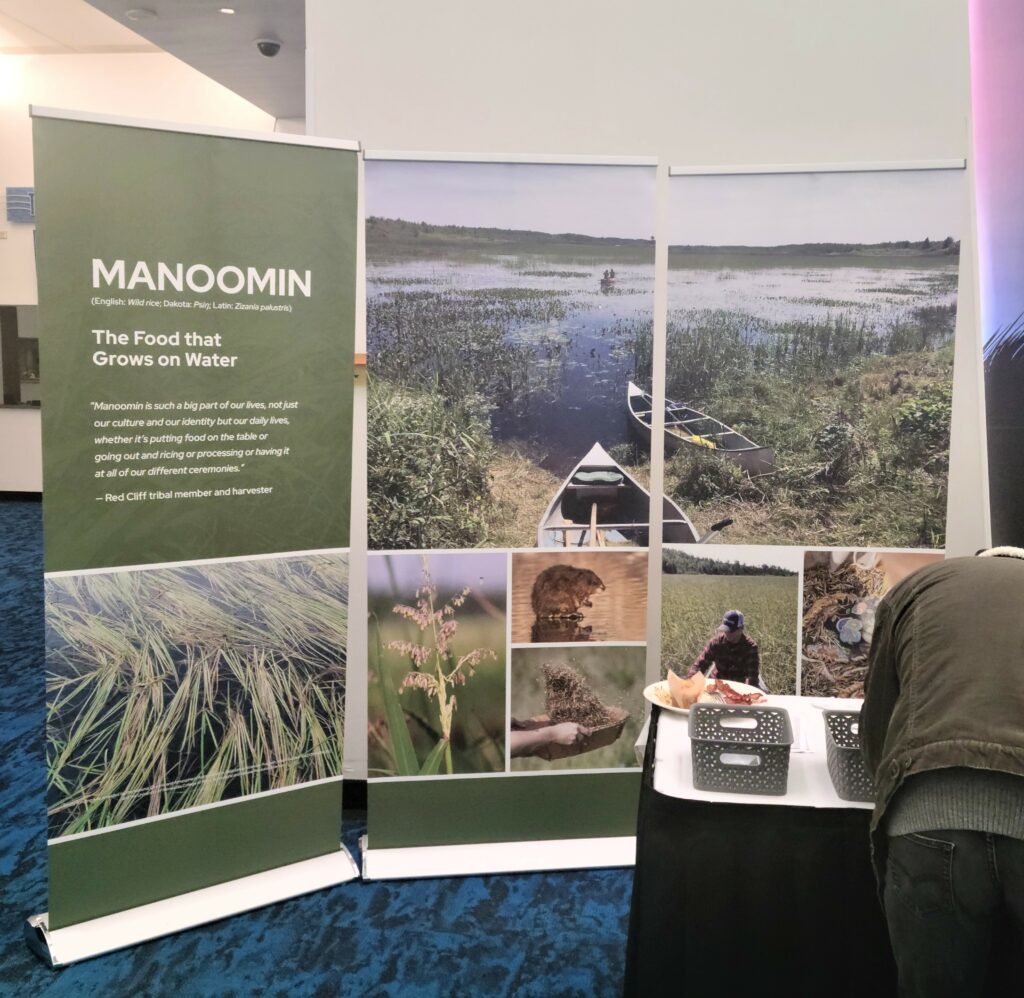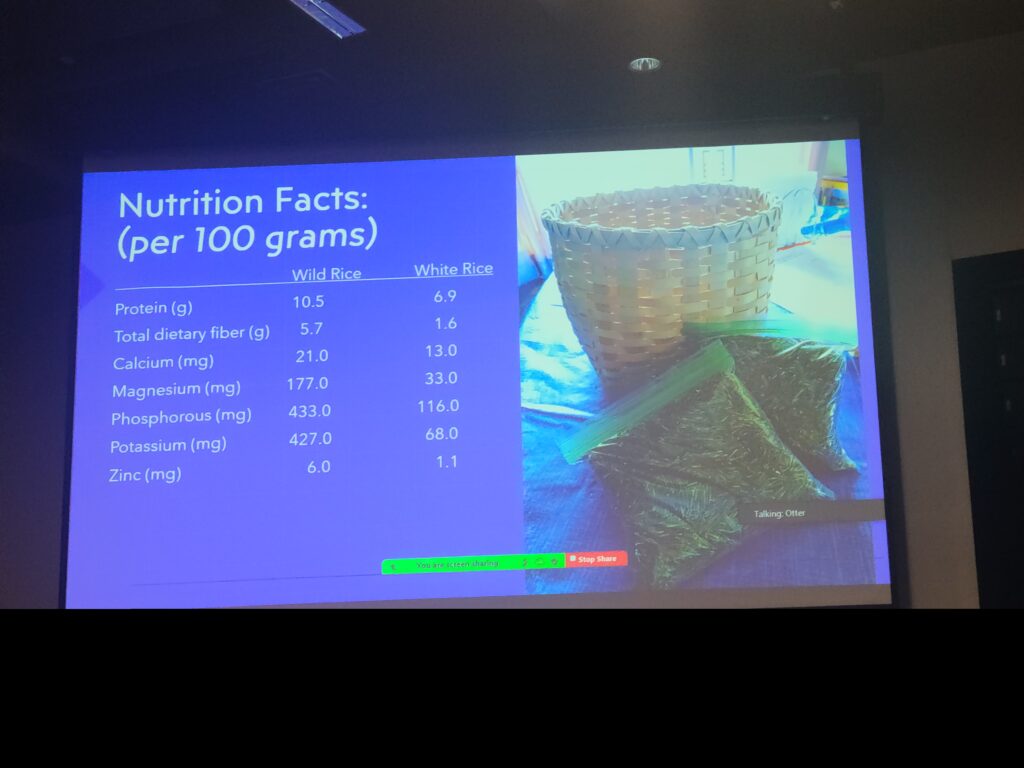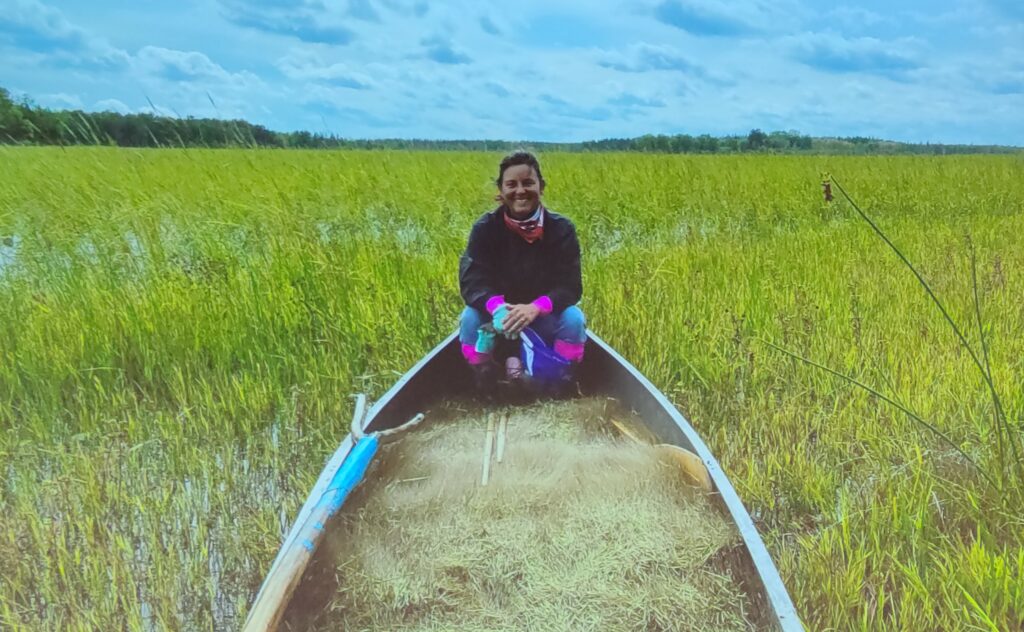Great Lakes museum expands in Toledo
The National Museum of the Great Lakes in Toledo, Ohio, plans to add 5,000 square feet so it can offer more permanent exhibition space, room for temporary exhibits, and a new Great Lakes Community Education Center. The expansion will break ground in the spring of 2024. Read the full story by The Advertiser-Tribune.
Great Lakes Commission
https://www.glc.org/dailynews/20231122-museum-expansion


